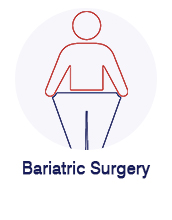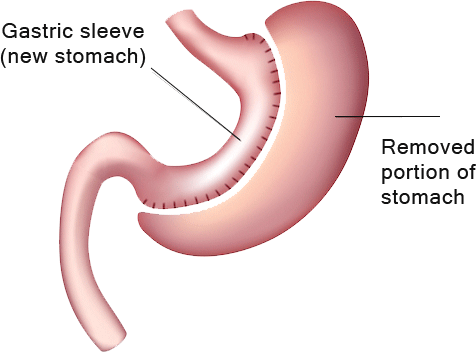With the increasing cases of obesity and associated health problems, bariatric surgery is becoming a powerful tool to provide sustained relief to those people who are overweight.



With the increasing cases of obesity and associated health problems, bariatric surgery is becoming a powerful tool to provide sustained relief to those people who are overweight.
